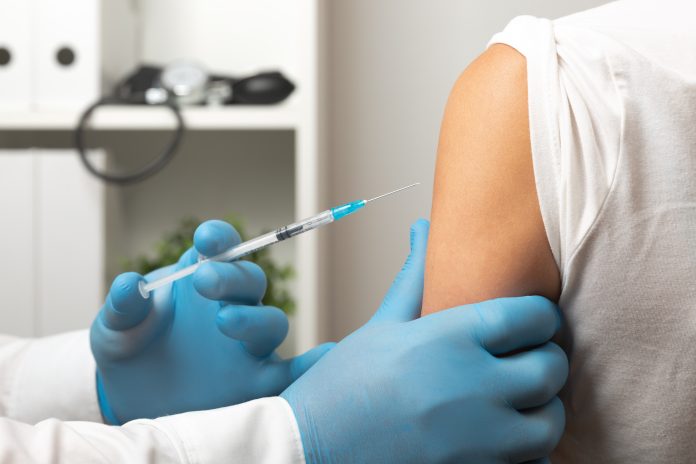The company announced that their current vaccine can handle the South African COVID mutation – with plans to create an “additional booster dose” to create highly-specific protections against variants
Yesterday, Moderna announced that they would be creating a new booster shot of vaccine that specifically addresses strains of COVID-19.
The Moderna vaccine had a final efficiency of 94.1% – putting it at the forefront of the leading approved vaccines.
This new booster is targeting the South African B117 mutation, which is estimated to be 50-70% more infectious than the original form of the virus. This mutation has not definitively been identified to be more deadly, but the New and Emerging Respiratory Virus Threats Advisory Group (NERVTAG) are suggesting that this variant could be 30% more fatal than the original virus.
These results must be further analysed and confirmed by other investigations, and remain initial findings for the current moment.
Moderna vaccine versus B117
The company announced that “no significant impact on neutralization” was observed, as they applied their vaccine to the B117 mutation.
Moderna seem confident about their booster vaccine – with plans to take it into preclinical study and Phase 1 in the US, as soon as possible. The booster will be made to work with every other approved vaccine, not just the Moderna one.
Stéphane Bancel, Chief Executive Officer of Moderna, commented: “Out of an abundance of caution and leveraging the flexibility of our mRNA platform, we are advancing an emerging variant booster candidate against the variant first identified in the Republic of South Africa into the clinic to determine if it will be more effective to boost titers against this and potentially future variants.”
The mutations versus all vaccines
There have been concerns across the globe about the effectiveness of vaccines designed for the original form of the virus – would they create the appropriate level of antibodies? Would they be able to impact mutations as efficiently?
The UK created a genomics-focused Consortium to tackle this question, led by Professor Wendy Barclay, who is currently Head of the Department of Infectious Disease at Imperial College London. She said: “We are already working to determine the effects of the recent virus variants identified in the UK and South Africa and what that means for the transmission of SARS-CoV-2 and vaccine effectiveness.”











